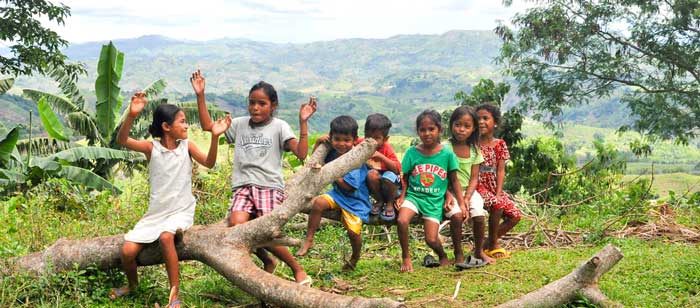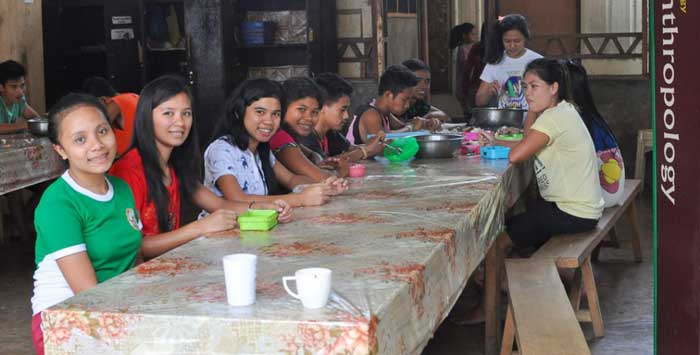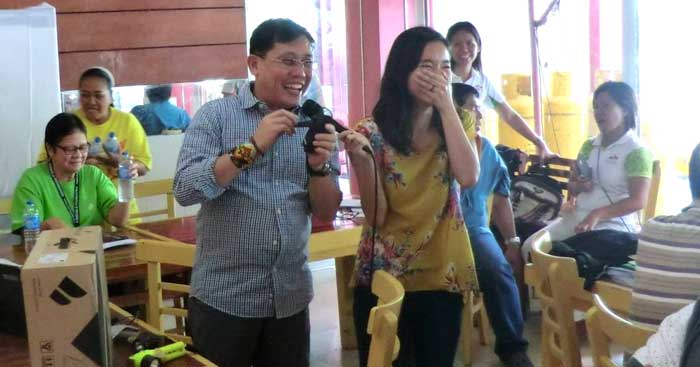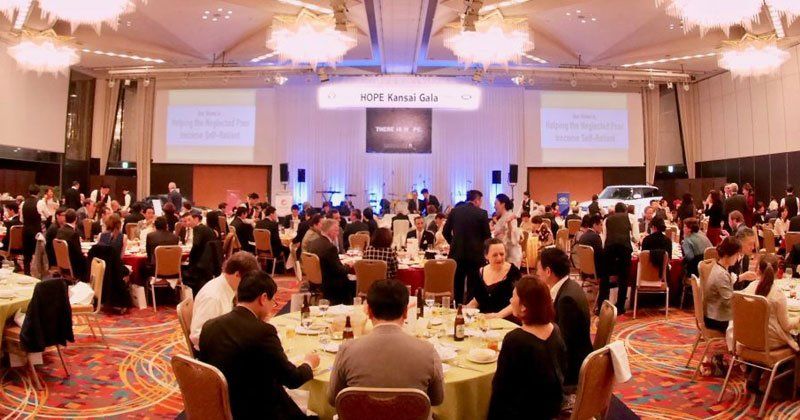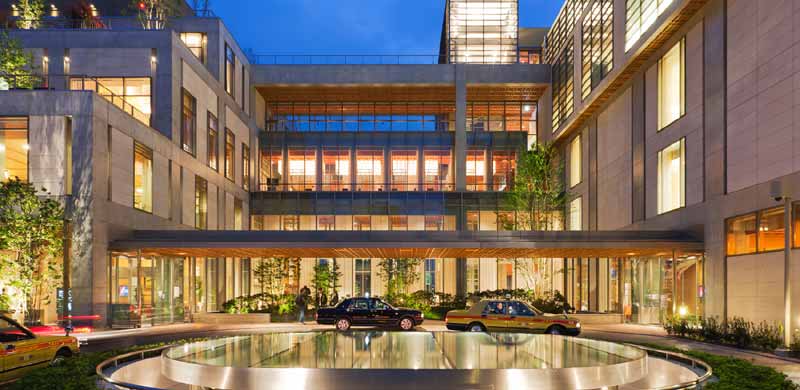HOPE Celebrates the Indigenous People's Month
The world evolves and new cultures form, others vanish. Some grow stronger, some fight for their existence, and many learn to adapt with the changes taking place to survive and prosper. Unfortunately, poverty often is a factor in why some cultures and societies vanish. Such is the plight of indigenous ieople in the Philippines.
※ August 9th: International Day of the World’s Indigenous People
HOPE has been working with these communities for three decades, helping them attain self-reliance. Often starting with clean water projects, they have developing sustainable agriculture projects, education and social enterprises. About ten years ago a new exciting project started to further our work with these indigenous communities. The initiative is known as the Pamulaan Center.
Benjamin Abadiano, the founder of the Pamulaan Center, was a university student when he first began to take interest in indigenous peoples in the Philippines. He was surprised, for despite being Filipino himself, he had heard little of them and found information on them difficult to trace. So he went in search of these mysterious peoples.
Sir Ben, as Benjamin Abadiano is also known, lived with indigenous communities for seven years. He discovered that there was a plethora of tribal cultures, traditions and languages. He also saw that they were heavily marginalized and that tribes were vanishing rapidly. He knew that they were being pushed to the brink of extinction.
In discussion with indigenous elders, he understood that the key to addressing the plights of the indigenous communities was to empower their youth with education - education that would enable them to be a bridge between their heritage and the adversities that they faced. This led to the creation of the Pamulaan Center that HOPE-JP and many of its supporters now support.
The Pamulaan Center is a university for young indigenous peoples in the Philippines, committed to helping indigenous cultures preserve their traditions and overcome extreme poverty. Its program has been highly successful since its inception, and over 100 students have since graduated with a bachelors and have been empowered to make their way in the world, advocate for their heritage and assist their communities. Its success largely stems from a fundamental acceptance of realities and a desire to work with them, while educating others about indigenous cultures.
Now, the Pamulaan Center receives support and solidarity from many people around the world. Moreover, indigenous communities in the Philippines have established a united front that the Pamulaan Center actively supports. It is perhaps one of the strongest and well organized indigenous fronts in the world, advocating fair treatment, respect and understanding. Ben and Pamulaan graduates continue to advocate and improve conditions for indigenous communities and are now committed to empowering the next generation with education.
Pamulaan is an indigenous word for “Seedbed”, expressing the vision and wish that students will flourish in the seedbed and grow. Ben continues to teach at Pamulaan and assist indigenous communities with graduates, and it is evident that the seedlings are already doing a great deal for themselves and their communities
If you are interested in learning more about the Pamulaan Center and supporting its work, please click here. [link to gallery]

